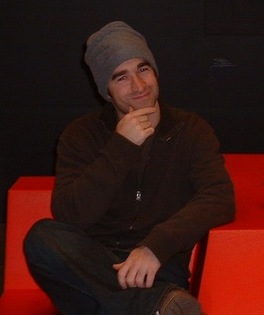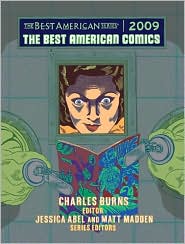Thirteen Days
Book #28 of my 2005 50 book challenge was Thirteen Days: A Memoir of the Cuban Missile Crisis by Robert F. Kennedy. The book gives a thrilling insider account of the thirteen day period in October of 1962 when the world stood on the brink of a Nuclear War after the U.S. intelligence discovered evidence of a build up of Soviet missiles in San Cristobal, Cuba. Over the course of the crisis, John F. Kennedy and his advisors have to quickly evaluate the situation and make critical decisions on how to respond to the threat at hand. The diplomacy tactics executed by both Kennedy and his Russian counterparts (led by Nikita Khruschev) would decide the fate of the world. RFK details the thinking behind each decision as well as the debates that went on before arriving at those conclusions, all in a simple matter-of-fact writing style that works oddly well with the gravity of the situation.
Part of the reason I was interested in reading this book is because I only had a vague understanding of just what the Cuban Missile Crisis was all about. Given the historical significance of the events that took place, it seems like something everyone would have studied in school, but I would wager that I'm not the only one in my generation who is woefully ignorant on the topic. I read an interesting book a few years ago called Lies My Teacher Told Me : Everything Your American History Textbook Got Wrong which talked about the fact that most schools don't ever get around to teaching history from the latter half of the 20th century because a) they tend to go chronologically and usually run out of time before the end of the school year and b) because history book publishers tend to avoid including much about modern history in an attempt to avoid controversy over events that people are likely to remember vividly and have passionate opinions about. At any rate, RFK's book definitely filled in a lot of the gaps for me and gave me a much better understanding of the events that occurred, and although I've always admired JFK, I now have an even deeper respect for him and Robert. I'd definitely recommend this one.




0 Comments:
Post a Comment
<< Home